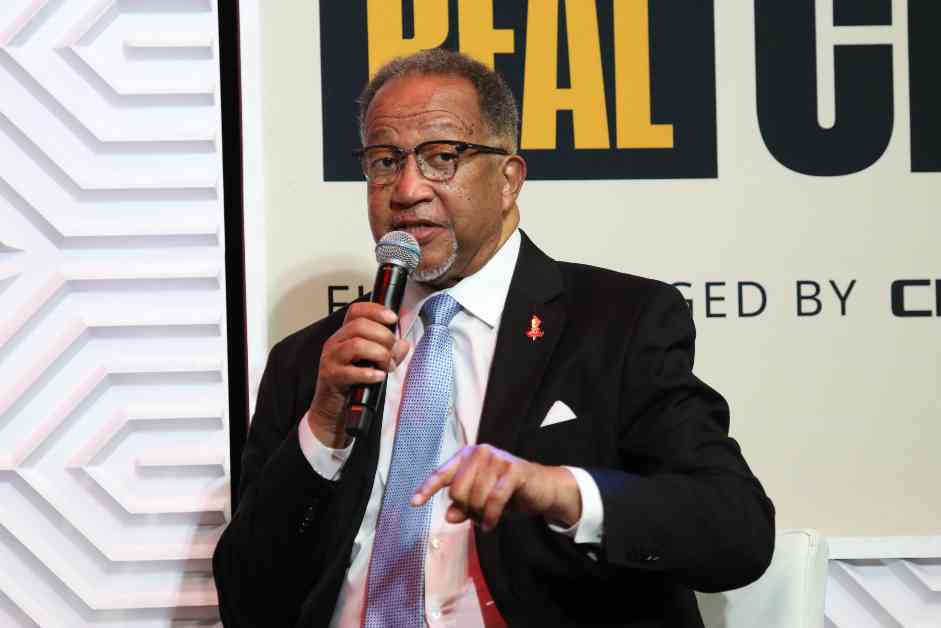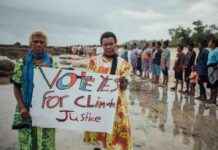Environmental Justice Leader Ben Chavis Reflects on Decades of Advocacy
In an illuminating interview with the Rev. Ben Chavis, a trailblazer in the realm of environmental justice, we delve into the roots of his activism and the persistent challenges faced by marginalized communities. This conversation, conducted by host Steve Curwood, offers a compelling narrative of resilience, determination, and the evolution of the environmental justice movement.
The Origins of Environmental Injustice
The story begins in 1981, in Warren County, North Carolina, where the Rev. Ben Chavis found himself at the forefront of a protest against the dumping of toxic waste in a predominantly Black, impoverished community. This pivotal moment marked the birth of the term “environmental racism,” coined by Chavis himself, as he recognized the intersection of civil rights and environmental activism.
Chavis vividly recounts the events that led to his arrest and the subsequent national attention drawn to Warren County. The unjust disposal of PCB-contaminated soil in a region already grappling with poverty and lack of resources epitomized the systemic inequalities that perpetuate environmental racism. The struggle in Warren County catalyzed a broader movement for environmental justice, shedding light on similar injustices across the nation.
Lessons Learned and Ongoing Challenges
Reflecting on over four decades of advocacy, Chavis underscores the importance of grassroots organizing and the formulation of clear principles guiding environmental justice. He highlights the pivotal role of Native American leaders in emphasizing the sacred connection to the Earth, drawing attention to the need for a holistic, inclusive approach to environmental activism.
Chavis also addresses the prevalence of environmental racism in communities like Cancer Alley in Louisiana and the enduring disparities faced by African American families in exposure to environmental hazards. The stark contrast in environmental quality between Black and white communities underscores the deep-rooted racial discrimination that permeates environmental policy and enforcement.
The Intersection of Faith and Activism
In a poignant exploration of spirituality in the environmental movement, Chavis calls for a revitalization of faith-based activism, emphasizing the moral imperative of standing up against injustice. Drawing on his own experiences in the Civil Rights movement, Chavis highlights the enduring power of faith in driving social change and inspiring resilience in the face of adversity.
Looking to the Future
As the conversation unfolds, Chavis offers a message of hope and determination, urging Americans to confront the climate and environmental justice emergency with unwavering resolve. Quoting Dr. Martin Luther King Jr., Chavis emphasizes the interconnectedness of justice and the imperative of collective action in combating environmental injustices.
Despite the challenges and setbacks, Chavis remains resolute in his commitment to the cause, drawing inspiration from the next generation of activists and the evolving consciousness around environmental issues. His words resonate as a call to action, a reminder of the enduring spirit of resilience that drives the fight for environmental justice.
In conclusion, the legacy of Ben Chavis stands as a testament to the power of perseverance, faith, and community in the pursuit of a more just and sustainable world. As we navigate the complexities of environmental activism, his words serve as a beacon of hope and a reminder of the transformative impact of collective action.














